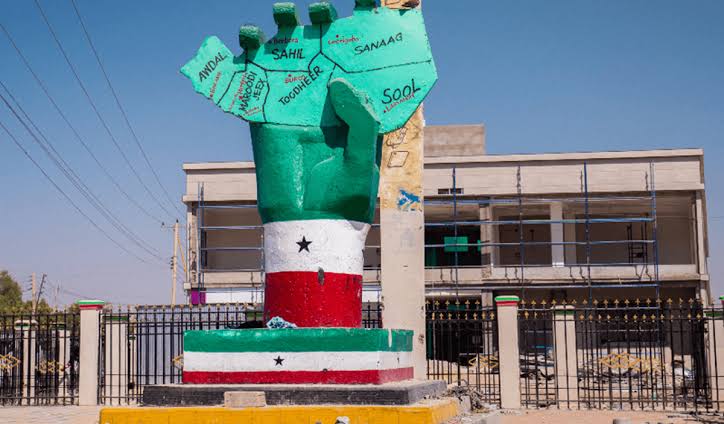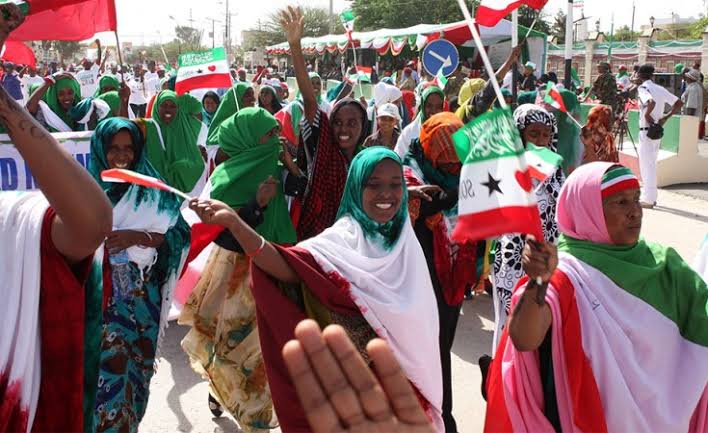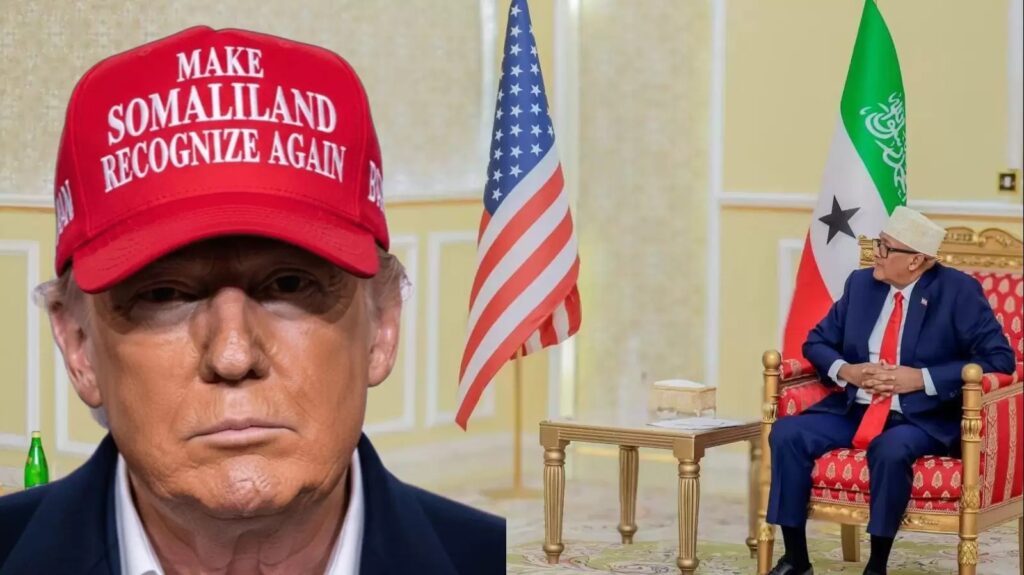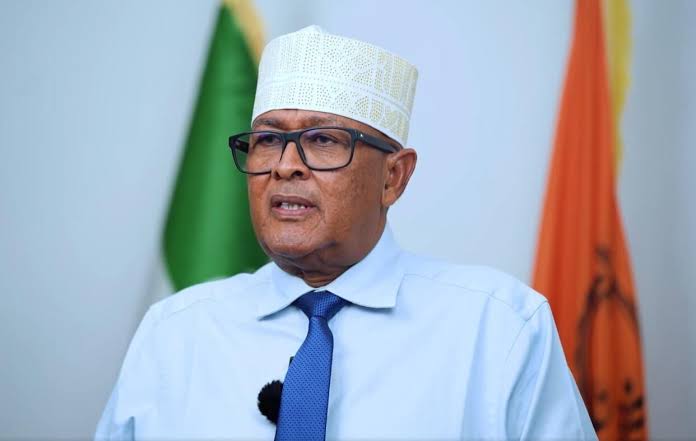
Faith Nyasuguta
Somaliland – a self-governed region that broke from Somalia in 1991 – has taken bold diplomatic steps to persuade the United States to formally recognize its independence. On Wednesday, the leadership of Somaliland publicly offered Washington access to a military base near the strategic Bab al-Mandab Strait at the entrance of the Red Sea, alongside deals granting access to critical minerals, including lithium and other rare earths.
President Abdirahman Mohamed Abdillahi (Irro), elected in late 2024, shared in an interview that his administration is engaging U.S. officials – including embassy and Department of Defense representatives – in talks centered on security cooperation, counter-terrorism, and economic partnership. U.S. military delegations have reportedly visited Hargeisa, and diplomacy is underway to explore potential collaboration.

Why this offer matters:
- Strategic geography: The proposed base at Berbera, already hosting UAE operations and near a vital global shipping lane, would enhance U.S. presence in a region increasingly shaped by geopolitical rivalry.
- Mineral incentives: Somaliland claims significant deposits – such as lithium, iron ore, gemstones, gypsum, and gold – with exploration underway by licensed firms. Supplying rare earth materials could diversify U.S. supply chains away from China.
Regional Context and Tensions
Somalia’s central government strongly opposes any independent recognition of Somaliland and had previously offered the U.S. exclusive rights to facilities in Berbera and other strategic bases – a proposal rejected by Somaliland as illegitimate. Furthermore, a December 2024 agreement between Somaliland and Ethiopia – granting coastal access in exchange for diplomatic recognition – heightened tensions between Mogadishu and regional governments.
In parallel, voices within the Trump administration and British officials suggest the U.S. may be rethinking its long-held “one Somalia” policy. Reports indicate some policymakers view Swiss neutrality and stability in Somaliland as strategically attractive, and believe recognition might happen by 2028 at the latest.
Why Washington is Watching

Analysts believe partnership with Somaliland offers the U.S. a more stable platform for counter-insurgency operations – especially against groups like al-Shabaab – and to safeguard maritime routes from threats stemming from Houthi activities in Yemen. Somaliland’s stability stands in striking contrast to the insecurity entrenched in much of Somalia.
Meanwhile, Somaliland’s internal progress – peaceful elections, functioning institutions, currency issuance, and law enforcement – reinforces its case for recognition. Despite no country formally recognizing it yet, Ethiopia’s recognition deal and sustained diplomatic push position Somaliland as a unique and evolving actor in East Africa.
Remaining Challenges
While Somaliland offers clear strategic value and growing engagement with Western governments, formal Washington recognition carries significant diplomatic risk. It could strain U.S. ties with Somalia, undermine African Union unity, and embolden other secessionist movements across the continent.

Further complicating matters is the lack of an official deal so far. The U.S. State Department continues to officially affirm recognition of Somalia’s sovereignty over the territory and insists it is not in any formal recognition talks with Somaliland.
Somaliland’s diplomatic gambit – offering access to a naval base and key mineral resources – marks a strategic escalation in its decades-long push for legitimacy. As U.S. and international policymakers deliberate, the outcome may change how countries in the Horn of Africa interact and cooperate.
RELATED:








